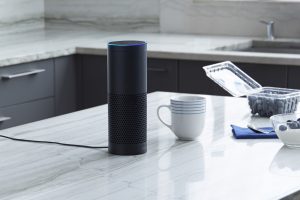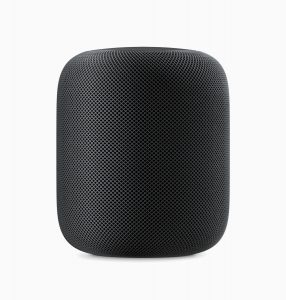BBC introduces interactive radio drama using Alexa
Article

Amazon Echo and similar voice-driven assistants will end up being able to provide voice-driven interactive storytelling
BBC launches interactive voice drama for Amazon Alexa devices | CNet News
My Comments
Any of you who have lived in the UK or other British Commonwealth countries will be familiar with the BBC’s long-time expertise with radio plays. Examples of these include the unforgettable humour of the Goons or the long-evolving countryside drama that is the Archers. If you didn’t hear it on the BBC, you may have heard one of these dramas via a resource available through the Internet or a local public radio station syndicated one or more of the BBC radio plays, making it available to hear through your trusty radio. These are essentially comedy and drama that is delivered through an audio-only medium.
But the BBC are combining this old-time craft of theirs and the concept of the “Choose Your Own Adventure” books to provide an interactive audio drama that you effectively participate in using, at the moment, the Amazon Alexa platform. “The Inspection Chamber” is a science fiction comedy where you effectively are playing the “extra character” in the show to steer its plot.
It will also be very similar to those text-based adventure games made available through mainframe computers and early home-computer platforms but this effort will be about having a wider vocabulary and natural-language handling.
But I see this as a way to take voice-driven assistants further in the direction of providing entertainment in the form of “Choose Your Own Adventure” interactive storytelling. This could lead to other radio-drama houses and, to some extent, education / training environments taking this concept further to provide voice-driven interactive stories, such as to provide scenario-driven training or language learning.


